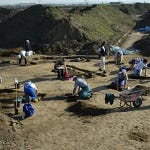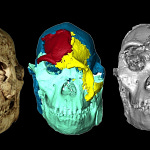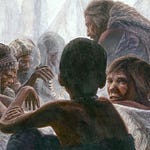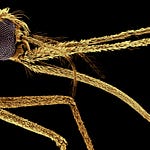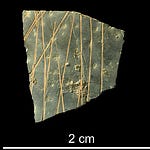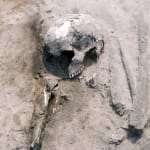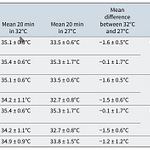For centuries, leprosy—now known as Hansen's disease—has carried the stigma of being a medieval scourge brought to the Americas by European colonizers. But new research disrupts that narrative. Long before ships from Spain or Portugal cast anchor in the New World, a form of leprosy had already taken hold among Indigenous populations of the Americas.
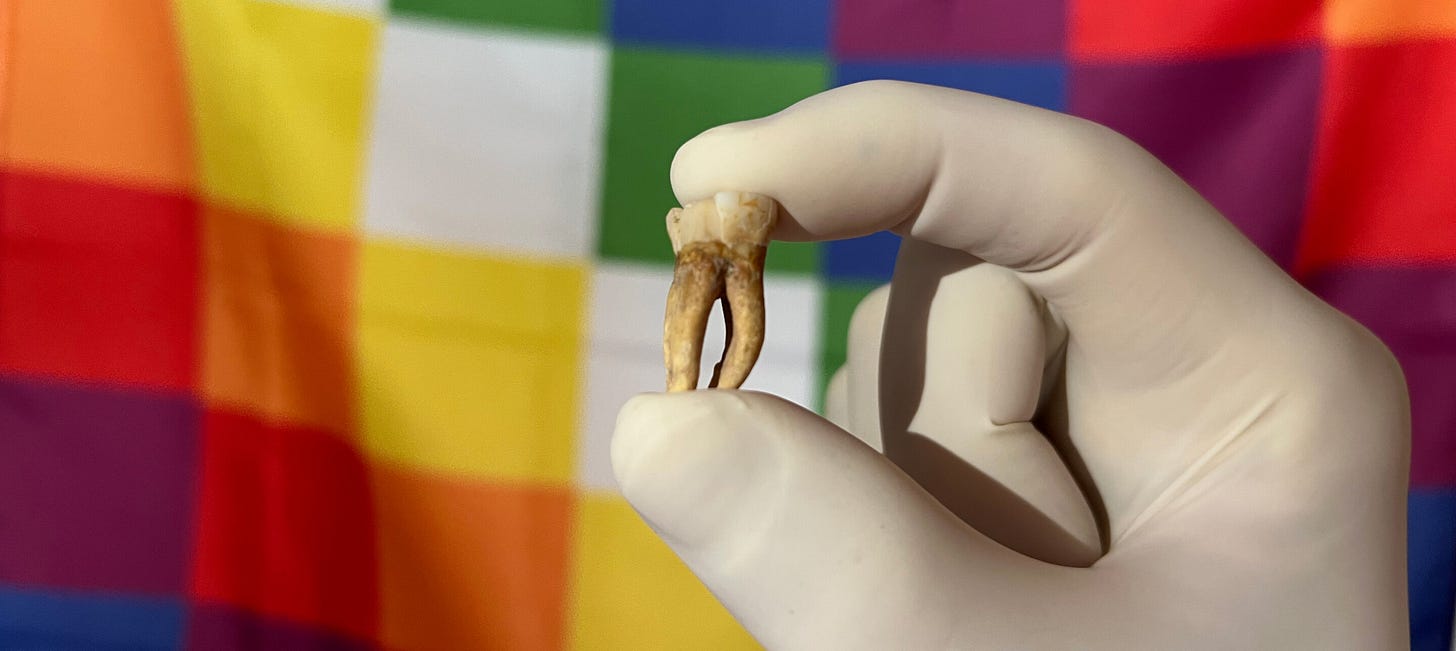
A recent study published in Science1, led by Maria Lopopolo and a broad consortium of archaeologists, microbiologists, Indigenous collaborators, and paleogenomic experts, presents compelling genetic evidence that Mycobacterium lepromatosis, a lesser-known cousin of M. leprae, was present across the American continent more than a millennium ago.



